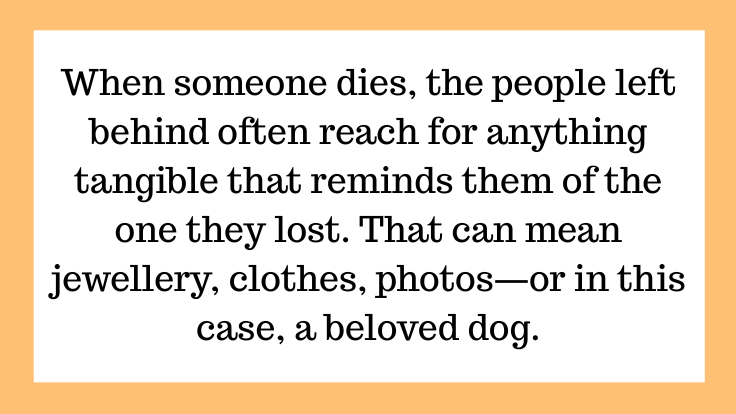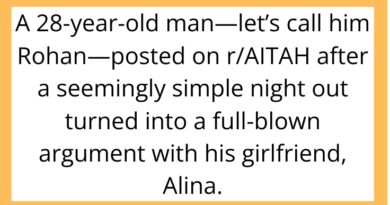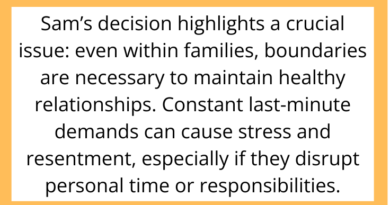Am I the Jerk for Not Giving My Deceased Friend’s Dog to Her Parents?
Losing someone close to you is always painful—but what happens when grief turns into entitlement? In this post, we examine a real AITAH Reddit scenario that involves loss, loyalty, and legal rights over a beloved pet.
This isn’t just a story about a dog. It’s about the clash between emotional claims and ethical boundaries when someone passes away, leaving more than memories behind.
The Situation: Inheritance or Attachment?
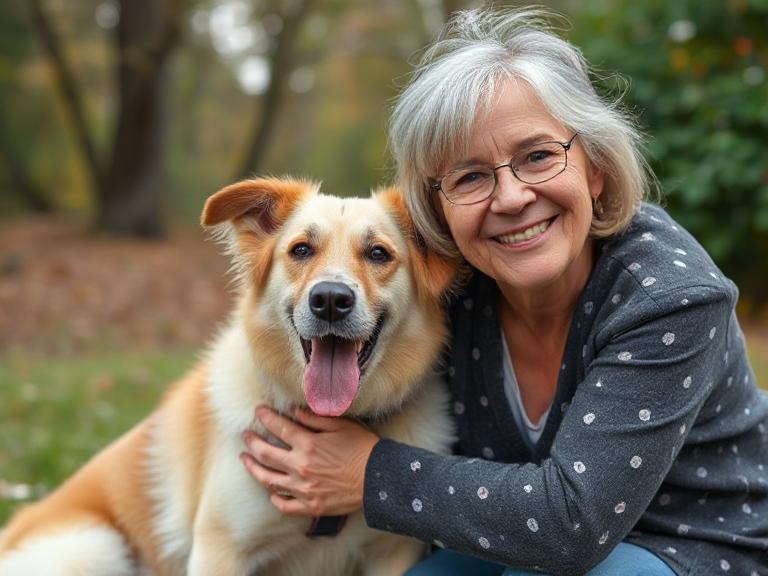
The original poster (OP) had been best friends with Sarah for nearly a decade. A few years ago, Sarah adopted a rescue dog named Luna. When Sarah had to travel or was unwell, OP would often dog-sit and had grown extremely attached to Luna.
Sadly, Sarah passed away unexpectedly last year.
Unbeknownst to Sarah’s family, she had named OP as the legal caretaker of Luna in her will. Sarah’s parents—devastated and grieving—asked OP to “do the right thing” and give them the dog, claiming, “Luna is all we have left of our daughter.”
OP refused, citing the legal will and emotional connection. OP had been taking care of Luna for the last few months, and the dog had clearly adjusted and bonded.
Now, Sarah’s parents are accusing OP of being selfish and dishonoring their daughter’s memory. Friends are divided. Some say OP should show compassion and give the dog to the grieving family. Others believe OP is simply honoring Sarah’s final wish.
So OP asked: Am I the jerk for not giving my deceased friend’s dog to her parents?
Why This Question Isn’t Black and White

Grief Makes People Feel Entitled to What They Don’t Own
When someone dies, the people left behind often reach for anything tangible that reminds them of the one they lost. That can mean jewelry, clothes, photos—or in this case, a beloved dog.
Sarah’s parents weren’t trying to be malicious. They were grieving and wanted something to hold onto.
But grief, however intense, does not override legal documentation or personal boundaries.
OP Wasn’t Just a Friend—They Were Chosen
What made this situation unique is that OP wasn’t just a casual friend. They were Sarah’s chosen caregiver for Luna. Sarah had made her intentions clear in writing. That matters.
Sarah’s parents never walked Luna, never cared for her day-to-day. They may have loved their daughter, but they didn’t love her dog the way OP did—or the way Luna had grown to love OP.
Legal Ownership vs Emotional Ownership

The Will Settled It—So Why the Debate?
Sarah had created a will stating Luna would go to OP. Legally, the matter was closed. But emotionally, the situation remained open.
This is where many readers struggled. Should OP follow the law to the letter, or show compassion to grieving parents?
The answer depends on how you view ownership vs relationship.
-
Legal ownership says the will is final.
-
Emotional ownership asks: who is Luna more bonded to now?
In this case, both sides had a claim—but only one was rooted in ongoing care and affection.
What About the Dog’s Best Interest?
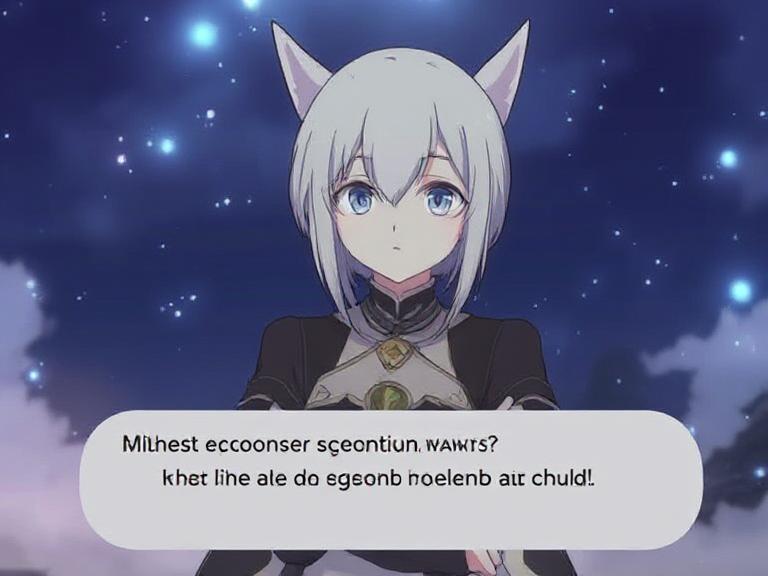
Many Redditors pointed out the most overlooked character in this story: Luna.
Dogs form strong emotional bonds with their caretakers. Moving Luna into a new, unfamiliar home with older individuals who may not have the time or energy to care for her would be disruptive.
If Luna is happy, safe, and thriving with OP, why uproot her?
Reddit’s Verdict: Not the Jerk
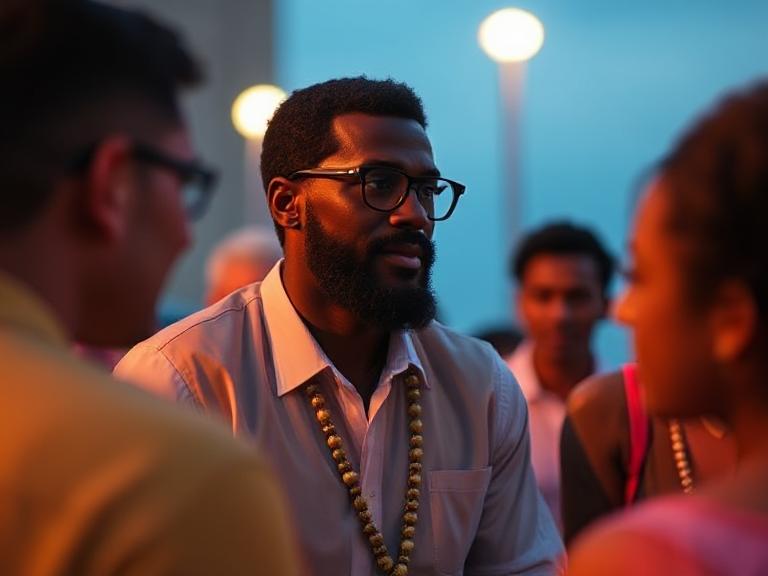
The AITAH community came to a clear consensus: OP is not the jerk.
Here’s why:
-
Sarah made her wishes clear.
-
OP is providing a stable and loving home.
-
The parents are projecting their grief onto an animal they never bonded with.
As one commenter wisely wrote:
“You’re not denying them a daughter—you’re honoring her final request.”
Another added:
“This isn’t about a dog. It’s about control. You’re doing what Sarah asked. That’s love.”
Emotional Blackmail Shouldn’t Determine Who Gets What

Grief Doesn’t Give You a Free Pass
Some readers empathized with Sarah’s parents—but still held them accountable. Emotional pain doesn’t justify trying to override a will or guilt someone into surrendering a pet.
If the roles were reversed—if OP had no legal rights and tried to take the dog from Sarah’s family—there would be outrage.
Honoring the Dead Means Honoring Their Decisions
You don’t get to pick and choose which parts of someone’s will you respect. Sarah trusted OP. That trust doesn’t vanish because someone else is hurting.
Respecting the dead includes respecting their plans.
What This Story Teaches Us About Friendship, Grief, and Boundaries
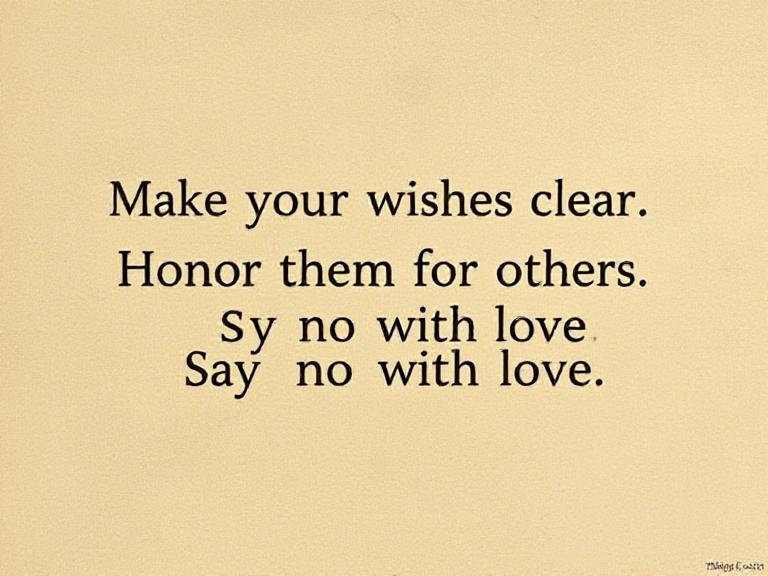
1. Make Your Wishes Clear, Even for Pets
Whether it’s a dog, cat, or parrot—our pets depend on us to make plans for them. Sarah did the right thing by putting Luna’s future in writing.
2. Grief Is Valid, But It Doesn’t Justify Overstepping
Sarah’s parents are heartbroken. But their pain doesn’t give them the right to ignore her final wishes or manipulate OP into submission.
3. You Can Say No With Love
OP didn’t scream or cut ties. They were kind but firm. Saying no doesn’t mean you’re heartless. Sometimes it means you’re strong enough to do what’s right, even when it hurts.
Final Thoughts: You’re Not a Jerk for Protecting What You Were Trusted With
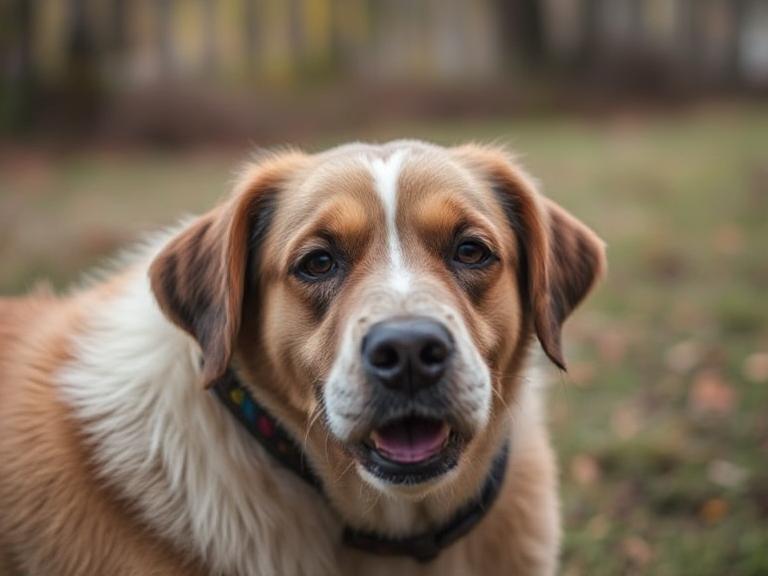
If you’ve ever had to make a hard decision about someone else’s pet, property, or legacy—you know how complicated it can be.
But in the end, honoring the person who trusted you isn’t selfish. It’s loyalty.
It’s love in action.
